Durban Dawg
Cannabinoid THC Dominant
THC 14 - 18%
CBD 0.3 - 0.44%
Effect Hungry
Side Effect Fatigue
Flavor Skunk
Durban Dawg Strain
THC
CBD
Potency
Durban Dawg is a 50/50 hybrid. The weed name originates from its lineage since it is a cross of 2 strains - popular Durban Poison and Stardawg, which is quite new. The THC level of this cultival varies between 15% and 17%, with 0.09-0.37% CBD content. Durban Dawg strain is known due to its robust terpene profile, containing:
Aroma, Flavor, and Appearance
The combination of terpenes determines the strain smell and flavor. The prevailing aromas are fruity and floral. Lavender and apple tastes pair well with a combo of tobacco and chemical undertones.
The buds are pretty large, dense, and look fluffy. They are green, ranging from light to dark shades, and feature numerous trichomes and sporadic orange pistils, which complement the overall appearance.
Durban Dawg Strain Effects and Uses
The cannabinoids and terpenes present in marijuana work together and result in euphoric and uplifting effects. They provide a burst of motivation and improve mood. High weed doses may induce sleepiness in users, so DD is typically consumed in the afternoon.
Due to stress-relieving properties, the flower is effective in managing insomnia and anxiety and is helpful for people suffering from depression and sleeping issues. It is used to cope with phantom limb pain and helps patients diagnosed with Alzheimer’s disease.
This cannabis shows minor adverse effects in users. Because of over-consumption or individual intolerance, it may cause:
- Drowsiness
- Thirst and dry mouth
- Dry eyes
Some smokers may experience hunger.
Grow Information
Durban Dawg weed strain is easy to cultivate in any environment, with the seeds available for sale on the Internet. The flowers blossom in 53-63 days, and the average harvest time amounts to 62 days. Bred in either indoor or outdoor gardens, the plant is classified as tall, with a height reaching 60-80 inches. The expected yield is 1-2 oz./ft2.
Side Effects
Simply let us know how this strain tastes or write a detailed review.
Durban Dawg Strain Cannabinoids
| THC | Tetrahydrocannabinol, or THC, is a major cannabis chemical compound. It is a psychoactive element that stimulates dopamine release and induces euphoria or happiness. THC-rich strains may be helpful with such conditions as lack of appetite, chronic pains , etc. It is considered to be the primary active marijuana component. | 14 - 18% |
| CBD | Cannabidiol, or CBD, is a major compound in cannabis, which is non-psychoactive. It is also proved to counteract the side effects of the second major component THC. CBD is widely used for medicinal purposes in rubs, oils and so on. It is helpful in muscle pain cases, may treat arthritis and migraines. Even Greeks used it against pain, while Queen Victoria applied it to get rid of menstrual cramps. | 0.3 - 0.44% |
| CBC | Cannabichromene, or CBC, is a minor cannabinoid, meaning that its quantity in cannabis is quite little. Though it has the same origin as CBD and THC, it is different in functions. Without any psychoactive effects, it is an efficient cannabis compound in combating acne and depression. CBC produces analgesic, antibacterial and anti-inflammatory effects. | 0.12 - 0.12% |
| CBG | Cannabigerol, or CBG, is one of the minor cannabis compounds in adult plants. On the other hand, young ones contain a lot of this antibacterial and anti-inflammatory component. During the growth, CBG is converted into different cannabinoids, mostly THC and CBD. The compound itself increases appetite and decreases eye pressure. | 0.37 - 0.54% |
| CBN | Cannabinol, or CBN, is a trace element in cannabis that is considered to be mildly psychoactive. It appears from oxidation THC, exposed to light and heat. CBN is mostly contained in old cannabis and in traditional hashish. It is effective against insomnia, bacterial infections and appetite loss. | 0.26 - 0.41% |
| THCV | Tetrahydrocannabivarin, or THC-V, is a compound contained in cannabis in trace amounts. Even though it is close to THC molecularly, it is different in effects. This compound may be psychoactive only in large amounts. THC-V reduces blood sugar, controls appetite, stimulates bone growth, etc. African Sativa strains are the richest in THC-V. | 0.03 - 0.07% |
Durban Dawg Terpene Profile
| Myrcene | Myrcene (also known as β-myrcene) is one of the most common terpenes found in cannabis, representing more than 20% of the modern marijuana terpene profile. Myrcene has a distinct earthy, musky flavor, resembling cloves. It is responsible for calming and soothing effects of weed. Myrcene is also found in hops, thyme, mango, lemongrass, guava melon. | 0.16% |
| Geraniol | Geraniol is a terpene initially contained in geraniums, as well as lemongrass, lemon peels, roses, blueberries, and carrots. The aroma is a sweet rose scent with notes of citrus. Geraniol features anti-inflammatory, antibacterial, antifungal, and neuroprotectant properties. It's rumored to have side effects such as allergic contact dermatitis or sensitive skin irritation. | 0.04% |
| Humulene | Humulene (also known as α-humulene) is one of the major terpenes found in cannabis, contributing to woody, earthy, spicy, herbaceous, and, mainly, floral aromas of cannabis. Used in modern medicine, humulene offers anti-inflammatory, antibacterial, and appetite suppressant effects, which have been well-researched by pharmaceutical companies. | 0.07% |
| Limonene | Limonene (also known as d-limonene) is the second most common terpene in nature and the third most common terpene in cannabis. It has a powerful citrus aroma and can be found in all citruses, including lemons, oranges, grapefruits, limes, juniper, etc. Limonene is known to elevate moods and provide anxiety, depression, and stress relief. | 0.32% |
| Linalool | Linalool (also known as beta linalool, linalyl alcohol, linaloyl oxide, and p-linalool) is one of the rarest terpenes found in cannabis, mostly in small quantities. Linalool is known for its spicy and lavender aroma, bringing relaxation and calming effects. It is also said to provide anti-inflammatory and analgesic properties that can be useful for athletes. | 0.17% |
| Terpineol | Terpineol (also known as alpha-terpineol or a-terpineol) is a terpene naturally occurring in more than 150 plants, including lilacs, lime blossoms, eucalyptus sap, and pines. Among the therapeutic qualities are anti-inflammatory, antioxidant, antitumor, and antimicrobial. In cannabis, terpineol boasts the distinctive pine smoke aroma and causes a relaxing, sedative effect. | 0.06% |
| Phellandrene | Phellandrene (also known as alpha- and beta-phellandrene) is one of the rare terpenes found in cannabis with antihyperalgesic and antidepressive properties. Phellandrene contributes to a minty, woody, and mildly citrus aroma in cannabis. Previously confused with limonene and pinene, phellandrene was eventually distinguished as a separate terpene common for eucalyptus. Also, it could be found in mint, dill, black pepper, cinnamon, parsley, pine, and lavender. | 0.04% |
| Caryophyllene | Caryophyllene (also known as beta or b caryophyllene) is a terpene found in many herbs and spices, such as black pepper, basil, rosemary, and oregano. Cannabis high in caryophyllene delivers a strong spicy, peppery aroma, resembling cinnamon and cloves. Caryophyllene offers potent anti-inflammatory and sedative effects. | 0.13% |
| Total terpenes content | 0.99% |
Growing Info
Similar Strains
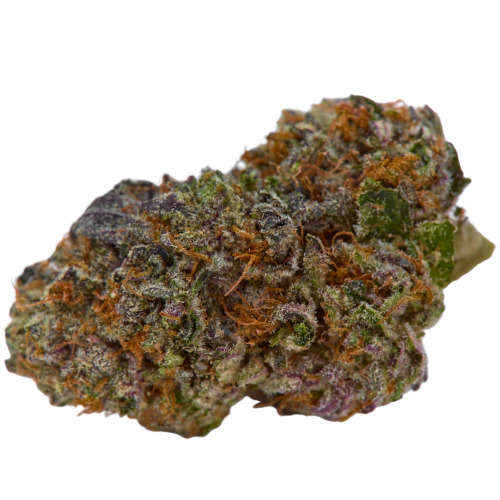
THC 17.4 - 19.6%
CBD 0.33 - 0.6%
Effect Sleepy
Flavor Pine
THC 16 - 24%
CBD 0.22 - 1.33%
Effect Concentrated
Flavor Tropical
THC 17.5 - 19%
CBD 0.26 - 0.4%
Effect Uplifted
Flavor Rose
THC 14 - 18%
CBD 0.99 - 1.28%
Effect Energetic
Flavor Diesel
THC 27 - 28%
CBD 0.49 - 0.64%
Effect Euphoric
Flavor Spicyherbal
THC 17.25 - 21.5%
CBD 0.38 - 0.63%
Effect Happy
Flavor Sweet
THC 16.5 - 18.5%
CBD 0.47 - 0.8%
Effect Giggly
Flavor Citrus
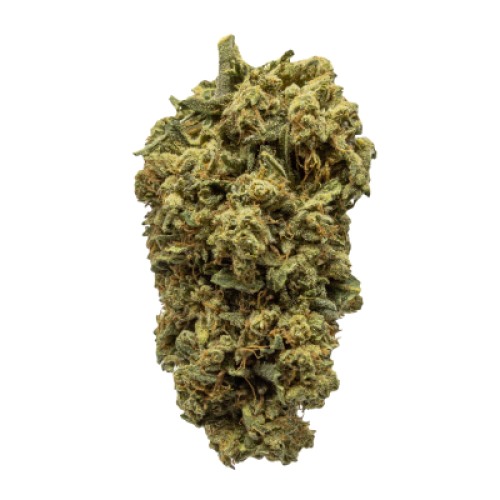
THC 20 - 21.5%
CBD 2.28 - 2.53%
Effect Relaxed
Flavor Spicyherbal
THC 20.6 - 22.8%
CBD 0.24 - 0.63%
Effect Sleepy
Flavor Sweet
THC 21 - 21%
CBD 0.48 - 0.61%
Effect Calm
Flavor Lemon
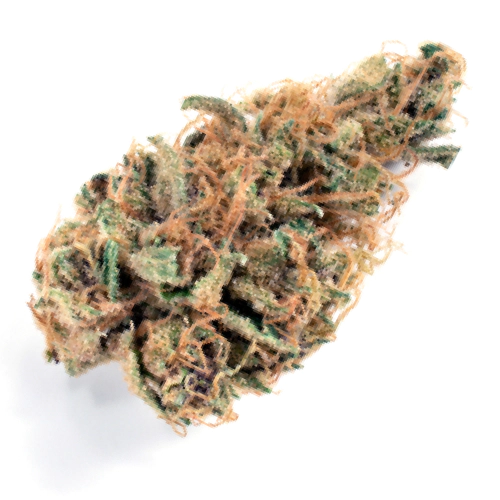
THC 19.75 - 23.5%
CBD 0.82 - 1.02%
Effect Happy
Flavor Sweet
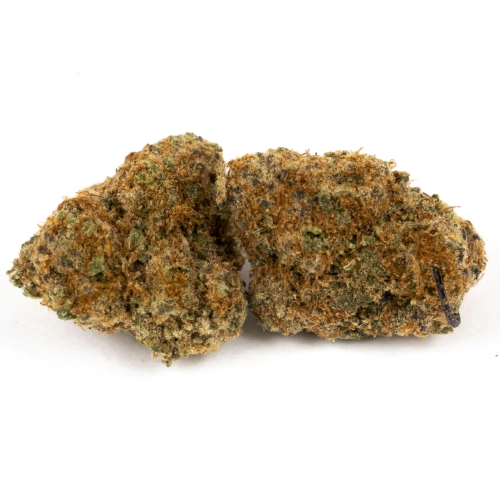
THC 20 - 23%
CBD 0.24 - 0.92%
Effect Euphoric
Flavor Strawberry
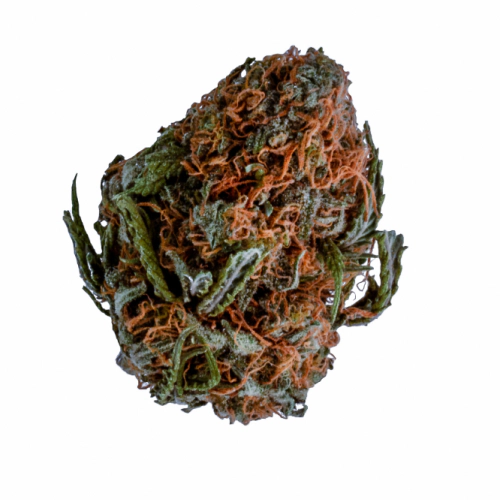
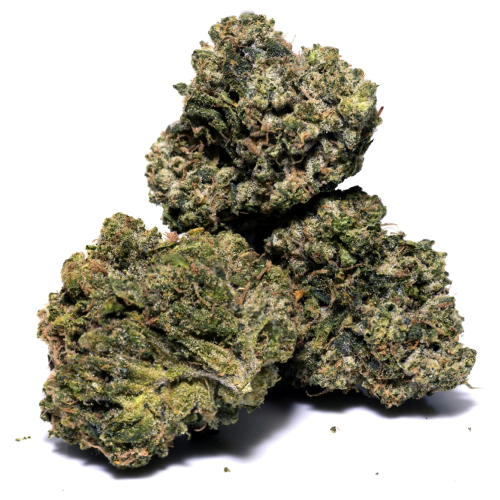
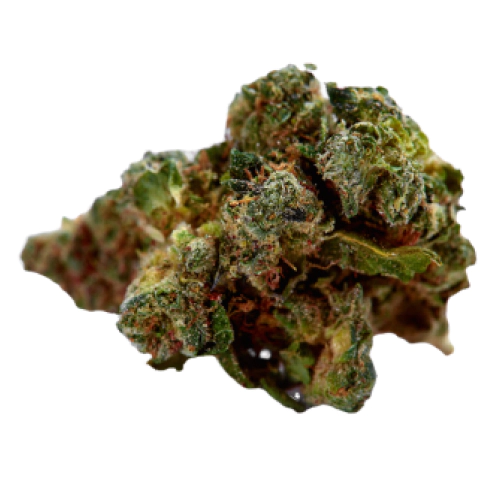
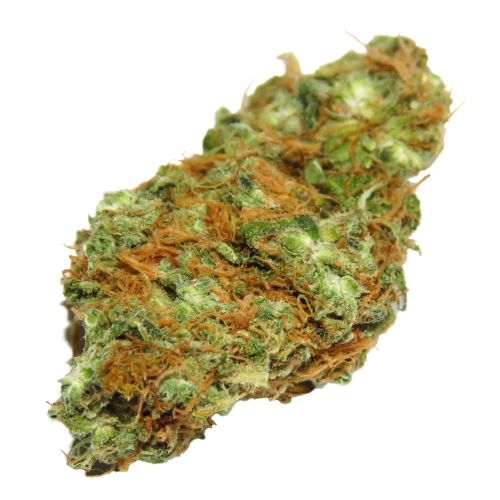
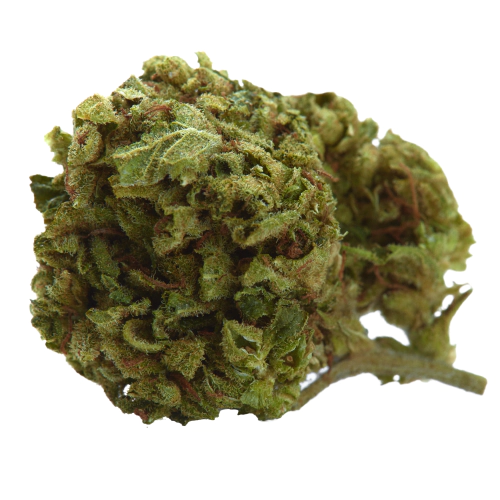
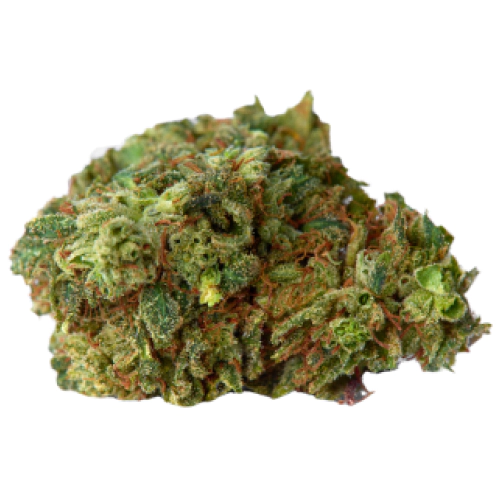
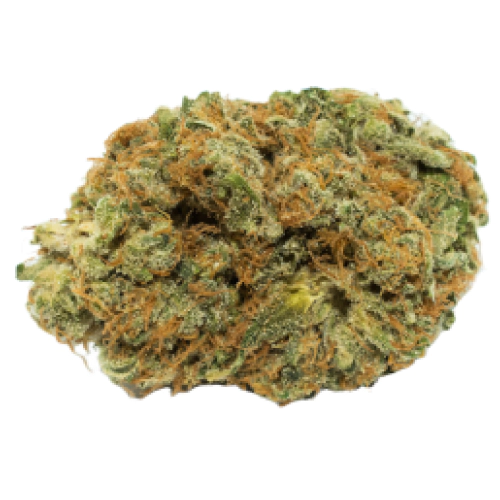
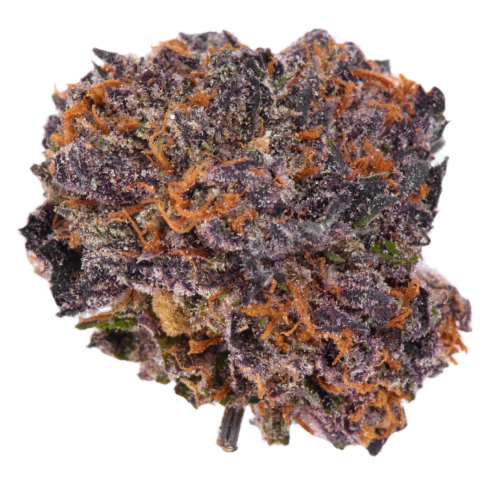
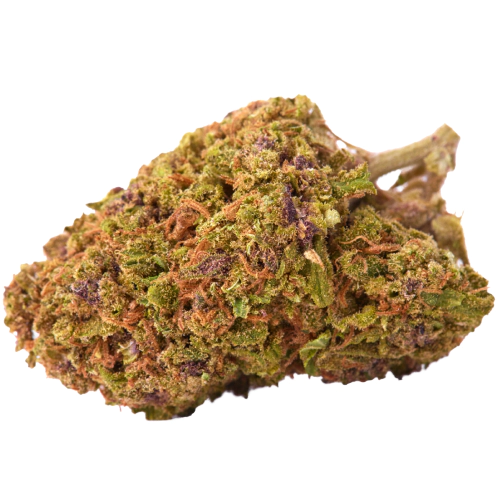
Be the first and share your opinion
Write a Review